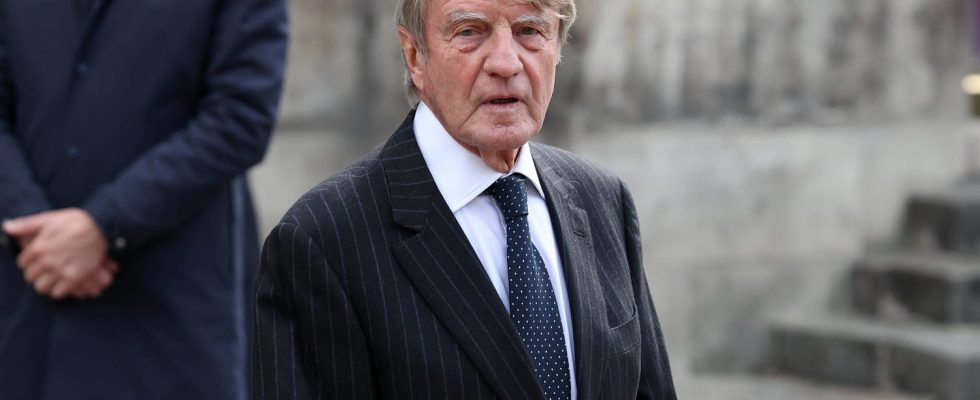The Kouchner law, enacted some twenty years ago, made it possible to better take into account the rights of sick people by imposing three main principles: the right to information, consent and the person of trust. Insight with Pr Régis Aubry, member of the National Ethics Advisory Committee.
What is the Kouchner law?
There law 2002-303also called the Kouchner law after the Minister of Health at the time Bernard Kouchner, is a law comprising 126 articles relating to the rights of patients and the quality of the health system.
When was it created?
The Kouchner law was promulgated by the former President of the Republic, Jacques Chirac, March 4, 2002. But in reality, the work around this law began in 1989. Pr Régis Aubry, member of the National Consultative Ethics Committee, recalls that the law was born of a painful context for medicine: “The AIDS years with a very strong claim by Aides of the right to know, to decide and to be relieved, the case of contaminated blood or the case of growth hormones.”
What are the principles of the Kouchner law?
The main principles of the Kouchner law are:
► The right to information (Art. L. 1111-2): “Everyone has the right to be informed about his state of health. This information relates to the various investigations, treatments or preventive actions that are proposed, their usefulness, their possible urgency, their consequences, the normally foreseeable frequent or serious risks they entail as well as the other possible solutions and the foreseeable consequences in the event of refusal. When, after the execution of the investigations, processing or preventive actions, new risks are identified, the person concerned must be informed, except in the event of impossibility of finding him.” The doctor may be held liable if he does not correctly inform his patient. In addition, the law gave the right to the patient to claim his medical file.
► Free and informed consent (Art. L 1111-4): “Any person takes, with the health professional and taking into account the information and recommendations that he provides, the decisions concerning his health.“The doctor must thus”respect the person’s wishes after informing them the consequences of their choices.” On the other hand, “if the will of the person to refuse or interrupt a treatment puts his life in danger, the doctor must do everything possible to convince him to accept the essential care.”
► The trustworthy person (Art L. 1111-6): “Any adult can designate a trusted person who may be a relative, a relative or the attending physician, and who will be consulted in case she herself is unable to express her will and to receive the information necessary for this purpose.“This designation must be made in writing.
“Absolute autonomy does not exist but neither does the absence of autonomy”
What does it change for the patient?
The Kouchner Law is “a total paradigm shift in 2002. The health side and the medico-social side of this law come to give the pre-eminence of the rights of the sick person about his own health. We then observe a reversal of roles. The main culprit becomes the patient and this marks the end of paternalistic medicine because doctors tended to think they knew everything about what was good for others“, emphasizes Professor Régis Aubry. Thus, since the law “it is no longer possible to decide for others any medical exploration or any medical treatment. This must be subject to free and informed consent from the patient. The doctor therefore has an obligation to provide clear and fair information, and an obligation to seek consent. This forces doctors to to communicate information which is as clear as possible so that the patient can exercise his autonomy of decision.” If the patient has difficulty consenting, the doctor must at least seek the consent of the person. “It is not because there is a disturbance to consent that one should not inform the patient. It’s even the opposite! The doctor must work more on appropriate information.“And Professor Aubry to conclude:”Absolute autonomy does not exist, but neither does the absence of autonomy.”
Thank you to Pr Régis Aubry, head of the pain – palliative care department of the CHU of Besançon, is President of the National Observatory of the End of Life and member of the National Advisory Committee on Ethics.
